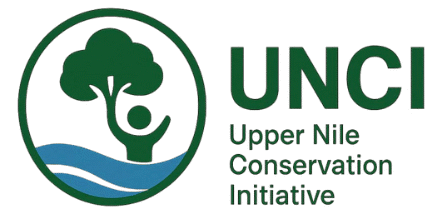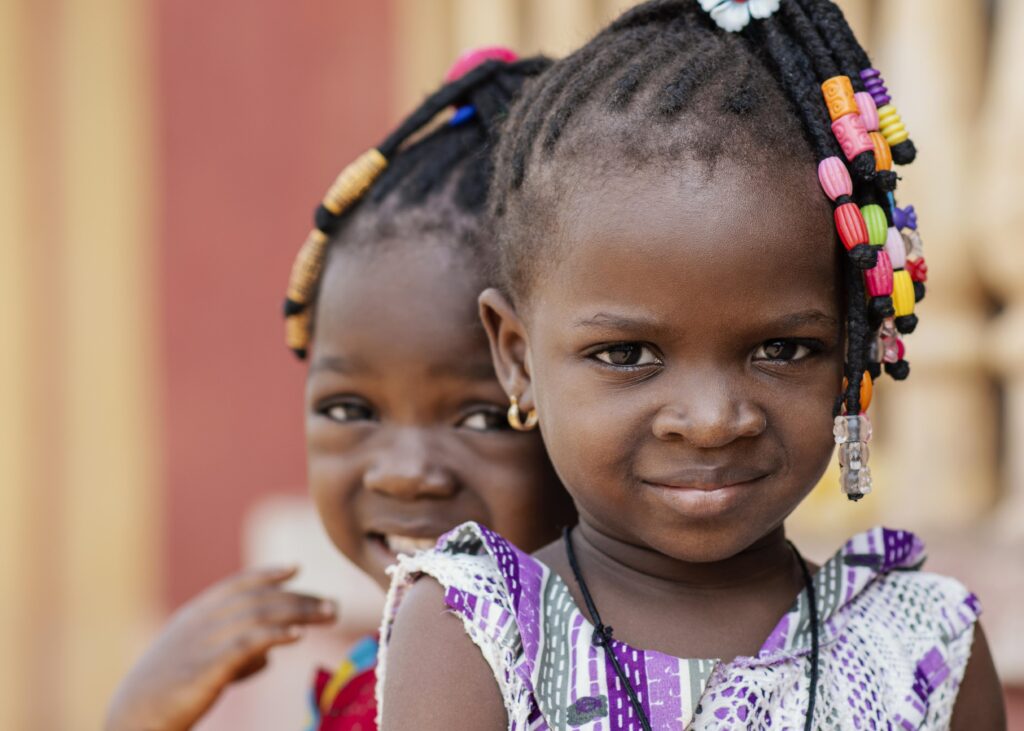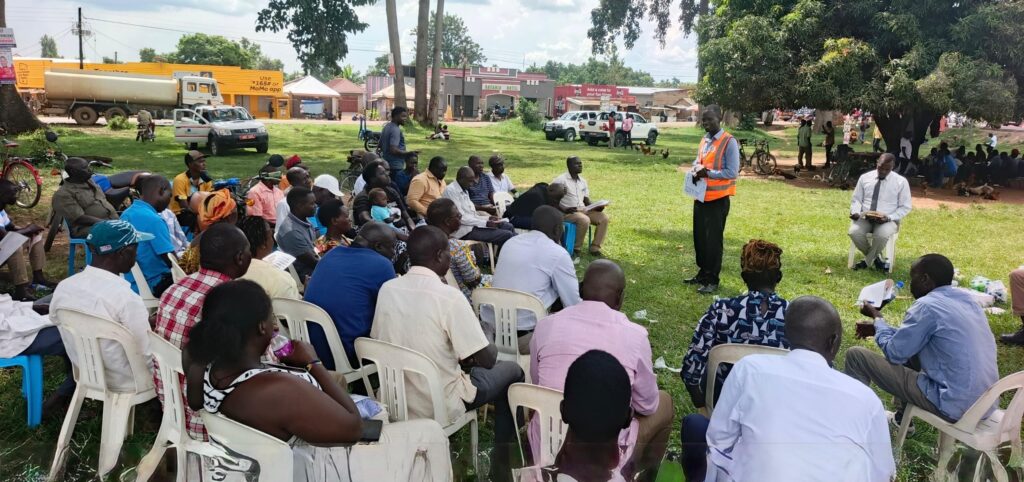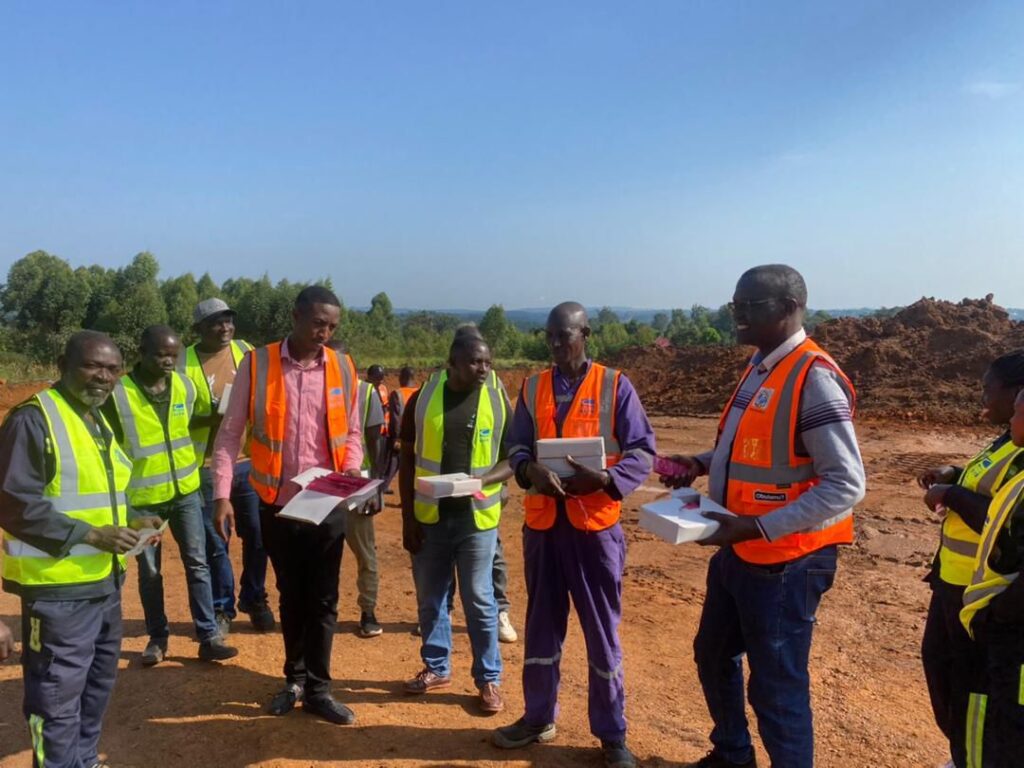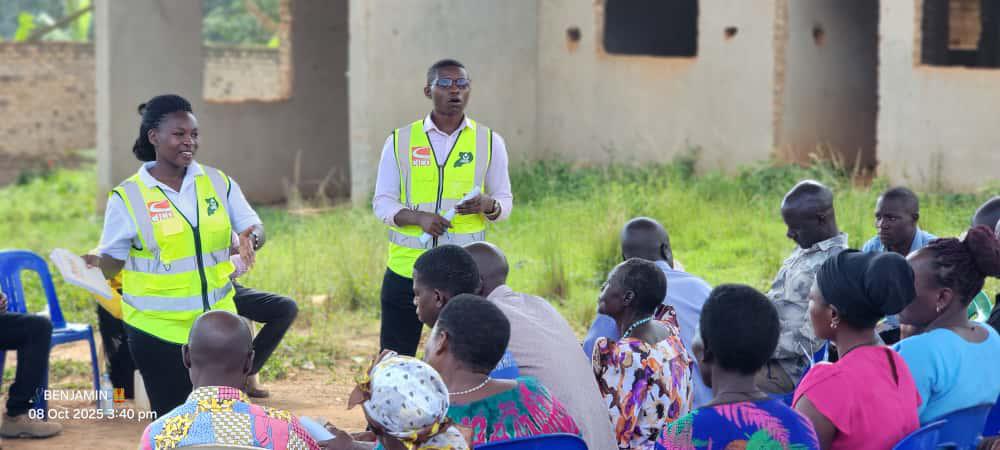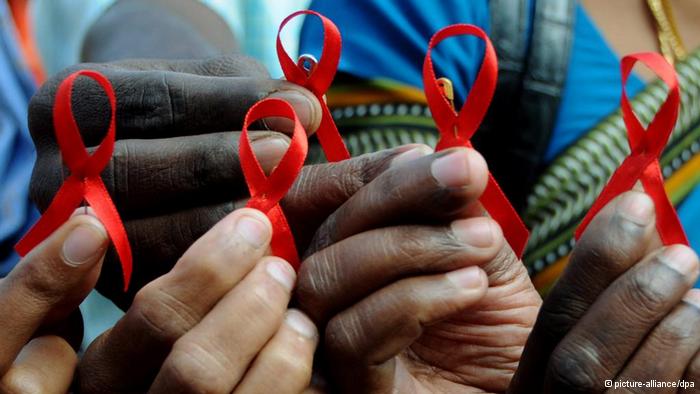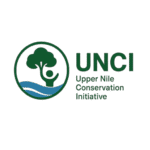Project Overview:
Upper Nile Conservation Initiative (UNCI) was awarded a 4 years contract by Enabel to Supply reusable pads and Provision of training services on Menstrual Health and Hygiene Education. In Busoga, Rwenzori and West Nile/Acholi regions (Jinja city, Jinja District, Kabarole, Kasese, Kyegegwa, Kamuli, Fort Portal City, Fort Portal District, West Nile and Acholi) . The project is funded by Belgium and European Union.
General Objective of this program:
To build the capacity of the beneficiaries through the delivery of a comprehensive Menstrual Health and Hygiene (MHH) education, including the safe and effective use of reusable pads, thereby empowering women and girls with both knowledge and practical skills to manage their menstrual cycles with dignity and hence keeping the girl child in school.
Specific Objectives:
- Equip the beneficiaries with in-depth knowledge of menstrual health and hygiene management.
- Demonstrate the correct use, washing, drying, and storage of reusable sanitary pads.
- Provide trainers with facilitation and communication skills to deliver MHM education effectively.
- Promote positive attitudes, reduce stigma, and create safe spaces for open discussions about menstruation.
- Strengthen local capacity by preparing trainers to cascade knowledge to schools, health facilities, and communities across the target regions.
Distribution of Reusable pads and its impact on keeping girls in Schools:
In Uganda, access to affordable and sustainable menstrual hygiene products remains a significant challenge. Many girls and women experience period poverty, often missing school or work due to the high cost or unavailability of disposable pads. This has far-reaching consequences, including increased absenteeism from school and limited participation in social and economic activities.
Reusable pads provide a practical, eco-friendly, and sustainable solution, especially in rural areas where disposable pads are often inaccessible or unaffordable. These pads, when properly maintained, can last several years, offering long-term relief to girls and women facing period poverty.
Studies indicate that girls in developing countries miss up to 20% of their school year approximately 50 days due to lack of menstrual products and sanitation facilities. By introducing reusable pads alongside menstrual health education, Uganda can significantly reduce absenteeism, improve educational outcomes, and empower girls to pursue their studies without disruption.
Beyond access to products, education on Menstrual Hygiene Management (MHM) is equally critical. It promotes good health, dignity, and self-esteem, while also dispelling myths and stigma surrounding menstruation. Training trainers to effectively deliver this knowledge will build sustainable community capacity and create safe spaces for girls and women to openly discuss menstruation.
This program keeps the girls in school and even those who have dropped out will come back to class, we welcome more partners in the support of this cause. UNCI is highly committed in keeping the girl child in School. Our target is to reach out to many Ugandans as possible.
